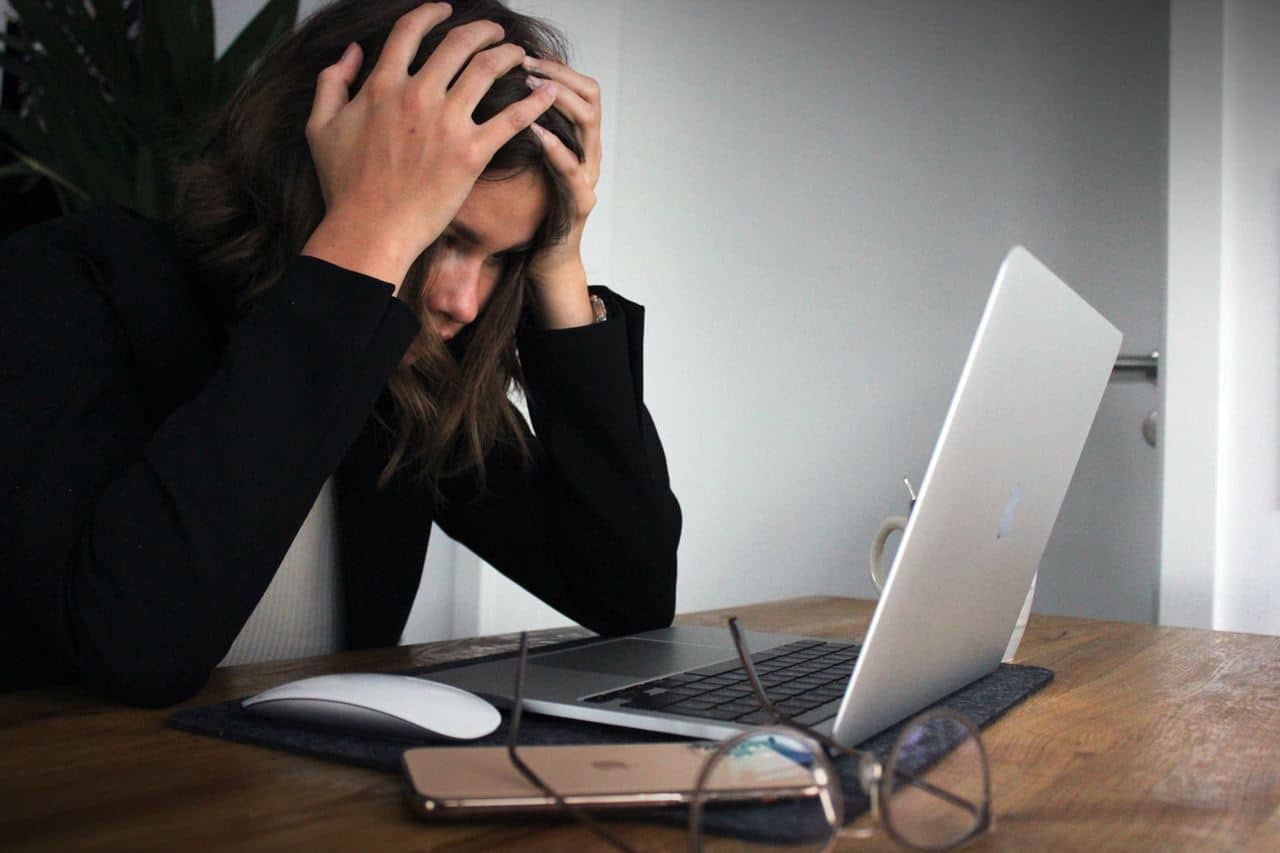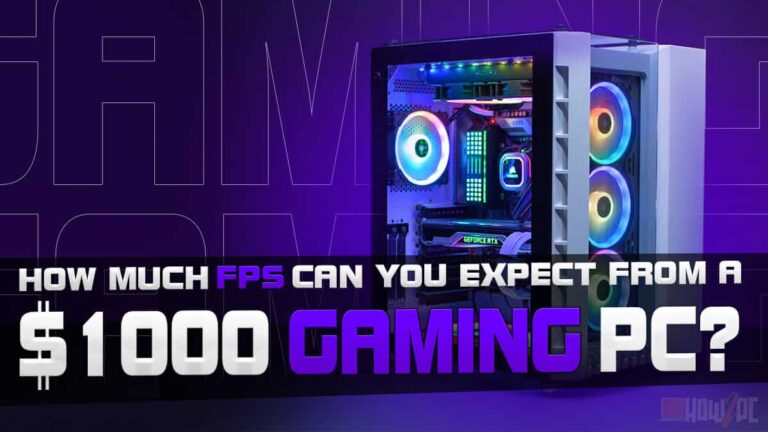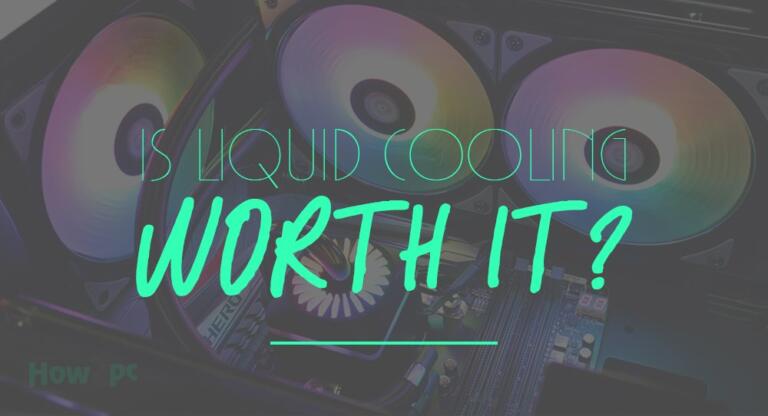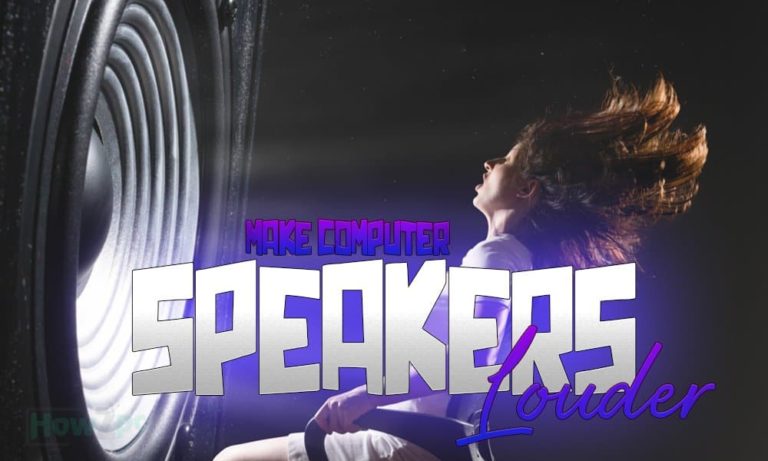If you have a computer, then you know how frustrating it is to have it slow down; especially when you are trying to do something important. There are all types of reasons why your PC could be slow and many of them can be fixed. In this blog, I will go over different things that could cause your PC to be slow.
1. You Have Corrupted Windows System Files
If you are experiencing computer slowness, it could be caused by corrupted system files. This is a very common problem and can occur for a number of reasons.
One of these reasons is that your hard disk drive has become full of junk and clutter. This means that your computer does not have enough space to store all the files it needs to run properly. In this situation, it would be wise to use a disk cleaner program such as CleanMyPC or CCleaner to get rid of the unnecessary files on your hard drive before they cause further problems with your PC’s performance.
Another possibility is that some of the system files on your computer have been damaged or corrupted due to viruses or malware infections. It’s also possible that some of these files have been accidentally deleted by you or another user on your PC without you knowing about it at the time.
2. You Have Too Many Startup Programs
One of the most common reasons why a computer is slow has nothing to do with the operating system itself. It’s the applications that load automatically when you turn on your computer. These programs can cause your PC to slow down, especially if they’re resource hogs and run in the background all day long.
The solution? Disable startup programs that don’t need to run at every startup by following these steps:
- Press Ctrl+Alt+Delete and select Task Manager from the menu that appears at the bottom of your screen.
- Click More Details if you don’t see it already selected.
- Click Startup in the list on the left side of your Task Manager window (it should be highlighted already).
- Click Disable All at the bottom of the list of programs listed under Startup Programs.
3. Your PC Is Infected With a Virus
Viruses are probably the most common cause of slow computers. They can be present in any software or hardware, including your operating system. Viruses can often be transferred from one computer to another through email attachments or by visiting malicious websites.
If you suspect that your PC is infected with a virus, perform a deep clean with an antivirus program as soon as possible. You should also make sure that you have updated your antivirus program and have regular scans to ensure that no new infections occur. If you’re too confused about which antivirus to buy, just pick a reliable brand that allows a free antivirus download. It’ll be a good starting point to add a layer of security if you want to take your time to research the best antivirus software based on your needs.
4. Antivirus Software Is Slowing Down Your Computer
Antivirus software is designed to protect your PC from viruses and malware, but it can also slow down your computer. Even if you don’t have any antivirus programs installed, Windows comes with one built-in. It’s called Windows Defender and it’s pretty basic, but it does the job.
If you do have an antivirus program installed, it may be causing your computer to run slowly. Some of these programs are notorious for slowing down computers because they scan everything that goes in and out of your system. If there are too many files being scanned at once, this can cause a bottleneck in your system’s performance. Sometimes even some of the top antivirus software from a cybersecurity software leader could cause you that problem. It’s not actually about the quality of antivirus. It’s just part and parcel of using antivirus software.
One way to fix this problem is to turn off real-time scanning. Real-time scanning checks files as they’re being accessed by programs or applications so they can be blocked before they actually do anything malicious (like delete files). While real-time scanning is great for protecting your computer from viruses and malware, it can also slow things down considerably if you have a lot of files open at once or if you’re accessing a lot of different websites at once (for example).
5. Check the Disk Space
The first thing you should check when your computer is running slowly is its disk space. If the available space on your hard drive is low, Windows will have to make more frequent use of virtual memory — which can slow down performance.
To check how much free space you have, open up File Explorer and click on This PC in the left-hand pane. Then, click on the Manage tab in the ribbon and select Disk Management from the list of options displayed.
Here you’ll be able to see how much free space there is on each drive in your system, as well as any issues with them (such as file system errors). You can also click on Cleanup Drive from this screen to remove files that are no longer needed by Windows or installed programs running in your system.
Conclusion
There are many ways to speed up your PC. The first step is to find what the problem is, and sometimes it can take some research to get to the bottom of your slow computer mystery.





![How to Update Any Motherboard BIOS [2024] – Step-by-Step Guide](https://www.how2pc.com/wp-content/uploads/2021/11/how-to-update-motherboard-bios-768x432.jpg)


